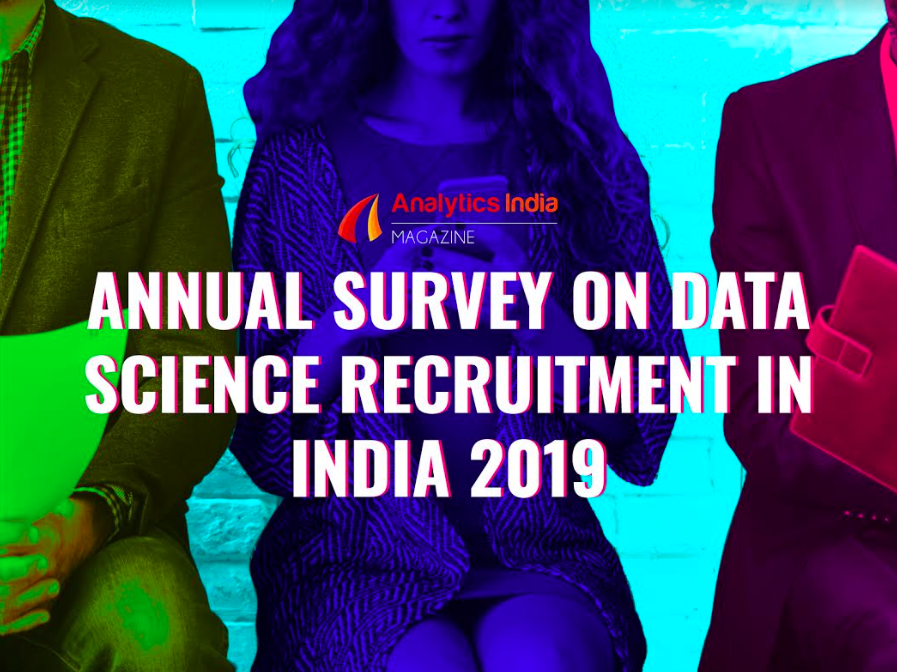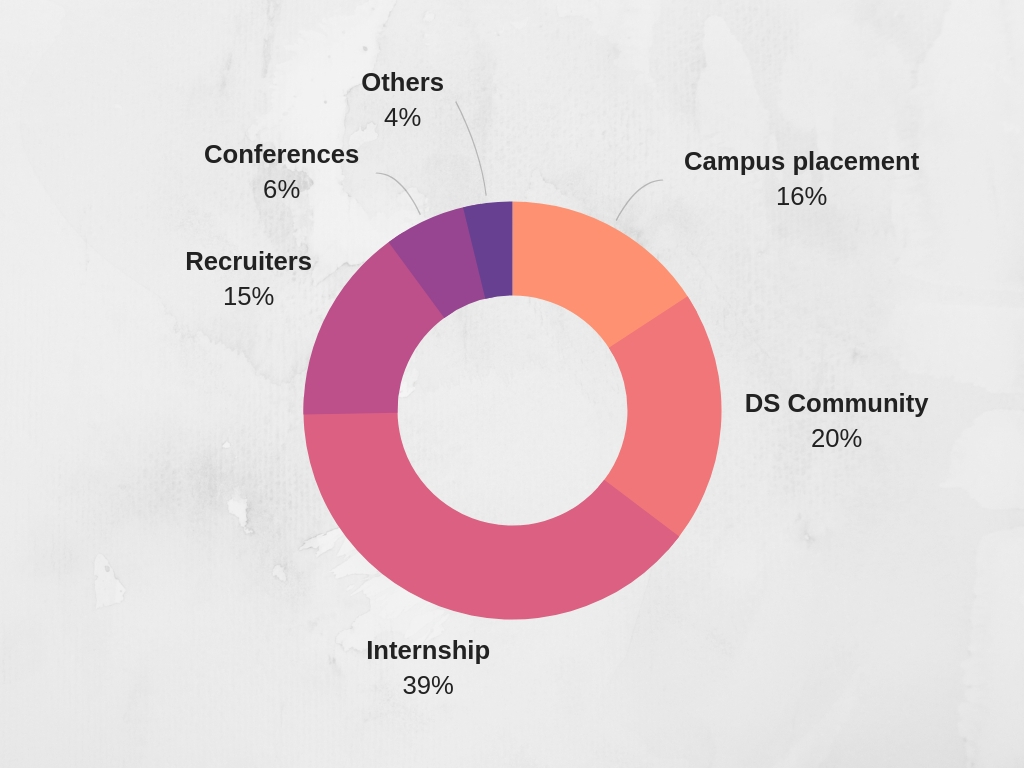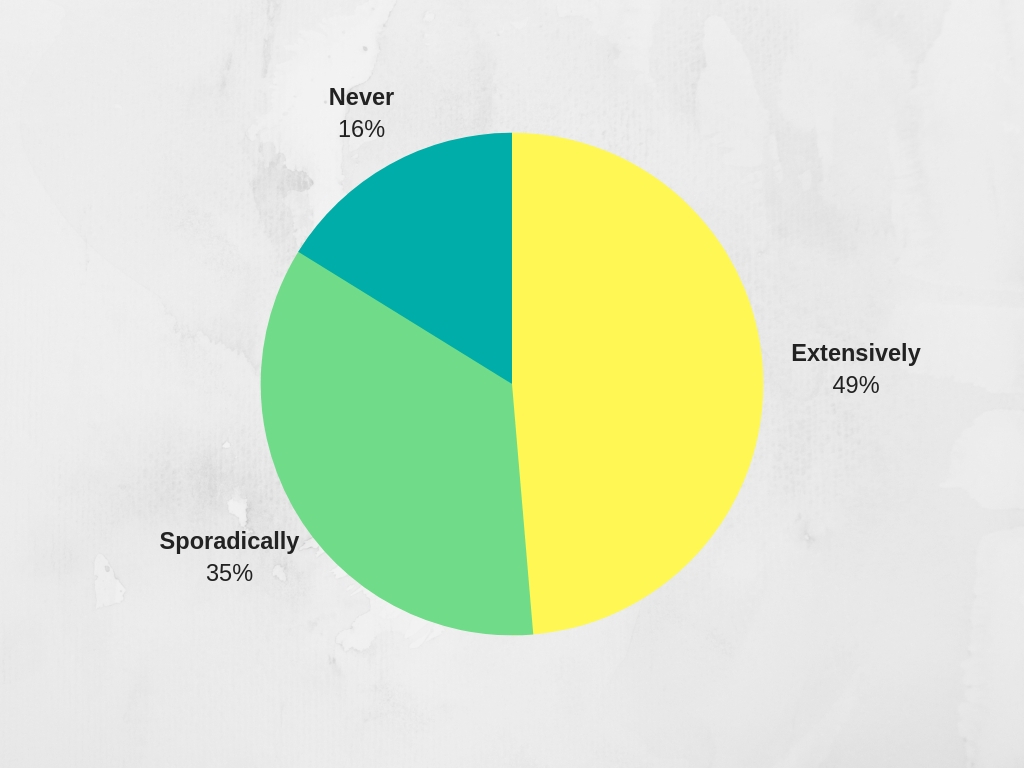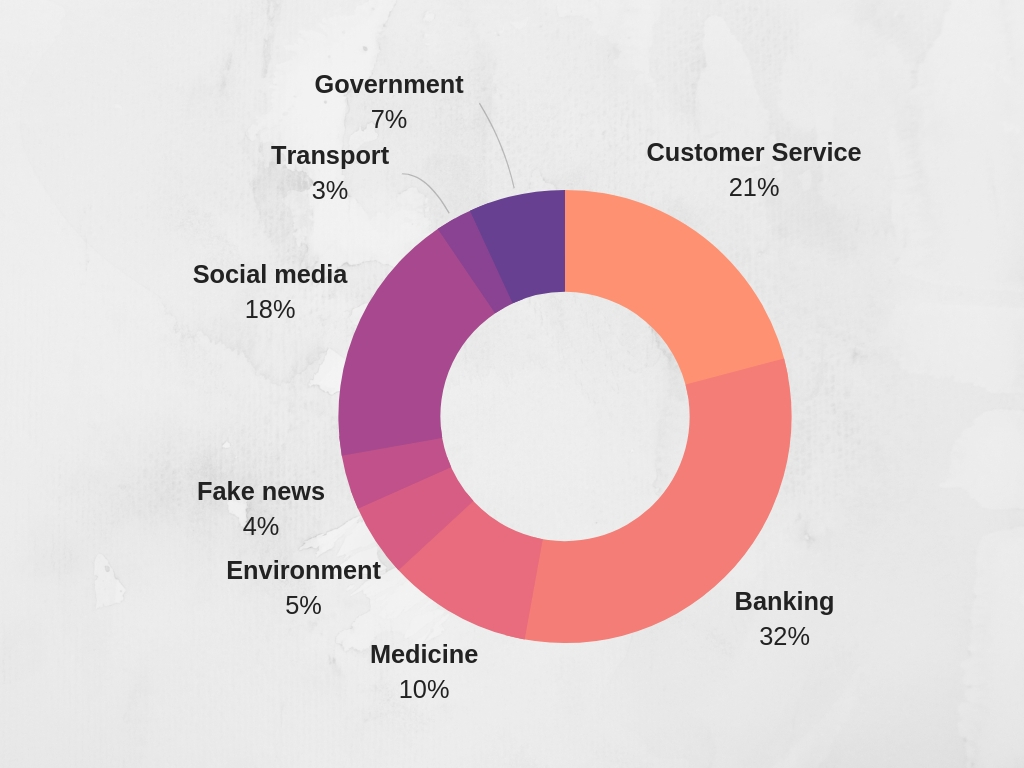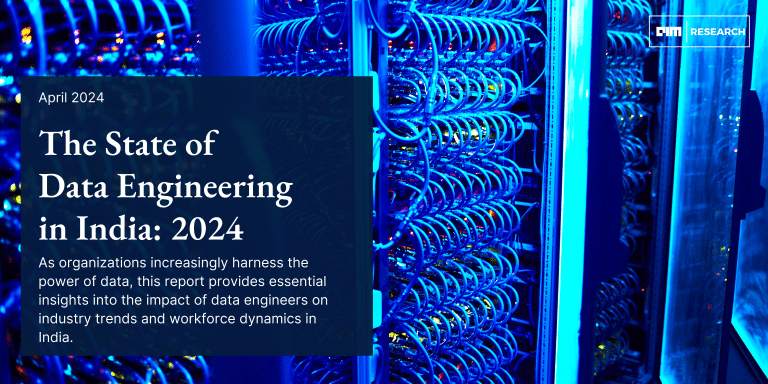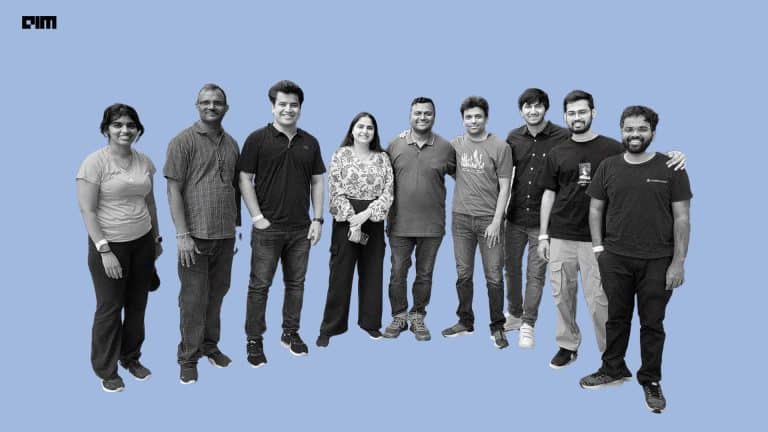Indian and multinational organisations from almost all industries — be it Fortune 500 companies or startups — are hiring data science experts to help them garner insights from big data. There has been a sharp increase in the demand for highly-skilled professionals, and companies are on a constant lookout for talented persons who can fill the gap.
Our survey for April 2019 endeavoured to find out the current scenario of hiring trends and jobs available in data science.
The data science sector is flourishing to such an extent that our earlier jobs study revealed that there are currently more than 97,000 job openings for analytics and data science in India right now.
There have been several noteworthy changes as compared to our survey last year. For example, the top skill for data scientists in 2018 was Statistical Modelling with 35% of respondents thinking it was crucial for the job profile. However, in 2019, the most important skill for a data scientist is Machine Learning.
Another key thing in the skill set for a data scientist is the programming language. In 2018 48% of the respondents had said that Python was the most important language to be learnt by a data scientist. In 2019, this sentiment is being clamoured, as almost 75% of the respondents are talking about the importance of Python in data science.
About The Survey
We tried to look at variations in skill sets, work experience and educational qualifications in this survey. We took opinions from three groups of respondents — hiring managers, job seekers and students — to get a thorough idea of the hiring scenario in this swiftly-developing area. Our survey was met with great enthusiasm — and we got some deep insights from it. Some of them were expected, and many of them were real eye-openers.
1. Importance Of Formal Education
We asked our respondents to tell us if a degree or formal education in data science was necessary to get a job in data science. The respondents were slightly ambivalent about it, which is a marked change from last year’s response.
- 36% respondents thought that formal education was crucial to get a job in this sector. This is in keeping with the current trend in the industry
- On the other hand, 39% of respondents thought they could get jobs without a formal education in data science. This showcases a huge trend towards learning from MOOCs and other free online resources
- Only 26% of the respondents thought formal education was not necessary
2. Programming Experience
Our data clearly shows that a vast majority of the respondents think that experience in programming is important to get a job in data science-related field. In fact, the numbers show that:
- 45% respondents thought that it was crucial for their career in data science. This is in line with what the organisations think and want from their employees. Most of the marquee names in the industry think that educating an employee for a basic skill like programming can be time-consuming and a drain on resources
- However, 48% of the respondents think that programming experience was something that could be learnt on the job, and did not require formal training as such
- Only 7% thought that programming was irrelevant in the field of data science
3. Work Experience
A majority of our respondents revealed that having an experience in a similar field is definitely helpful, but not crucial in landing a job in data science.
- For example, 36% said that job experience is crucial in the data science sector. This is in keeping with studies which have shown that a majority of companies in the analytics and data science sector prefer candidates with five or more years of work experience
- 44% have said that it is important, but not crucial
- However, 20% said that work experience was not required for landing a job as a data scientist
4. Transitioning From Non-Data Science Background To Analytics
This questions seemed to have stumped our respondents. Firstly, 39% of the respondents were ambivalent about the subject and thought that the transition was not impossible.
- Otherwise, only 14% of the respondents thought it was quite easy to make the transition from a non-tech background to data science
- However, 47% thought it was difficult, but not impossible to do so. This response is clearly not surprising, given the great pace at which the industry is progressing. It is already difficult for people in the industry to keep up with the changing trends, and therefore jumping into a vibrant sector such as data science is perceived as very difficult
5. What Language Should An Aspiring Data Scientist Learn First
Having a mastery over one or more programming languages is considered a great asset in the data science and analytics community. Here, our respondents — job seekers as well as recruiters — had a clear idea about what languages were the most popular in the market right now.
- Python was clearly the most popular language for data science practitioners as well as learners. Over 75% respondents said that it was crucial for job seekers to know this language to get an opportunity in data science
- The next most popular language was R at 18%
- Other languages like C, Java, Julia, Scala had negligible representation with less than 3% people thinking they were important for data science
6. How To Get An Entry-Level Job In Data Science
This question had a clear-cut answer — perhaps because of the personal experiences of our respondents.
- 39% people thought that internship was the best way to make your way into a company. You make contacts, meet mentors and friends that last for a lifetime
- 20% respondents voted joining data science communities or networking as a great way to get jobs
- 15% of the respondents said that contacting the recruiters directly was a great way to find jobs in the community
- And 16% thought that campus placement was the perfect place to find jobs
7. Top Skills For Data Scientists
Our respondents identified three important skills for anyone to flourish in a data science-related field:
- Machine learning at 34%
- Statistical modelling at 29%
- Data cleaning at 16%
8. Reliance On MOOCs For Upskilling
Professionals, as well as students, are now relying heavily on massive online open courses. Our survey clearly indicates that:
- 49% of the respondents said that they rely on MOOCs extensively to upgrade their skills in new tech and keep themselves updated with emerging technologies
- On the other hand, only 16% of the respondents said used they didn’t use MOOCs at all
9. Industries With Most Opportunities For Data Scientists
Data scientists are in great demand, as discussed above. The results are thus scattered across several sectors, and here are the industries who hire the most number of data scientists
- Most of the industries starting with IT and services at 36%
- Followed by e-commerce at 24%
- And Banking at 22%
10. How To Find A Job In Data Science
Here, the answers were unanimous, as well as expected.
- At 51% LinkedIn, the social networking website for professionals seems to be the first choice for looking for as well as posting a job in data science
- The next popular way to find a job is via the popular job portal Naukri at 18%
- This is followed by checking with friends and acquaintances to look for employment opportunities at 12%
11. How Long Does It Take To Fill An Analytics Manager Position?
Closing a managerial-level position, especially in analytics, can be challenging at times. From finding the right kind of talent, qualifications and skills to making sure that he/she is the perfect fit in the organisation and the culture can be a tough task. So when we asked our respondents about the number of months it took, on an average, to close this position, the answers were interesting.
- 40% of the respondents said that it took about six months to close this position
12. Area Of Interest For Data Scientists
This survey also showcased that data scientists want to work in three key areas:
- Banking at 32%
- Customer service at 21%
- At 18%, Social Media is a new favourite among data scientists.
13. Which City Offers Most Opportunities For Data Scientists?
14. How Long Have You Been Working With The Current Organisation?


